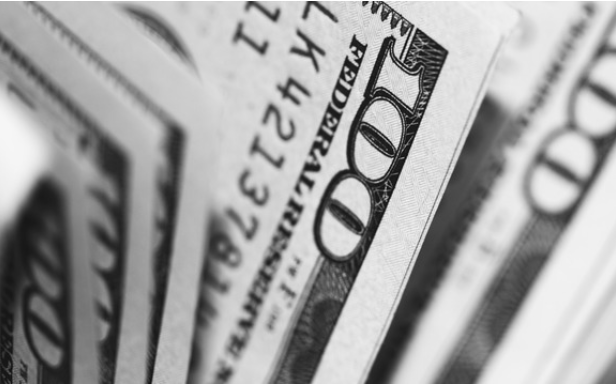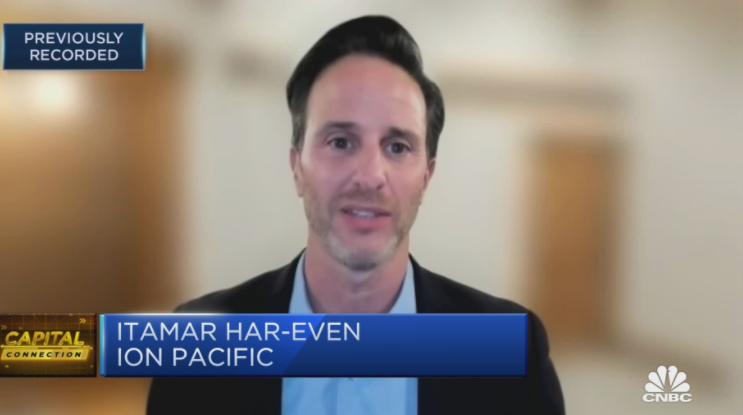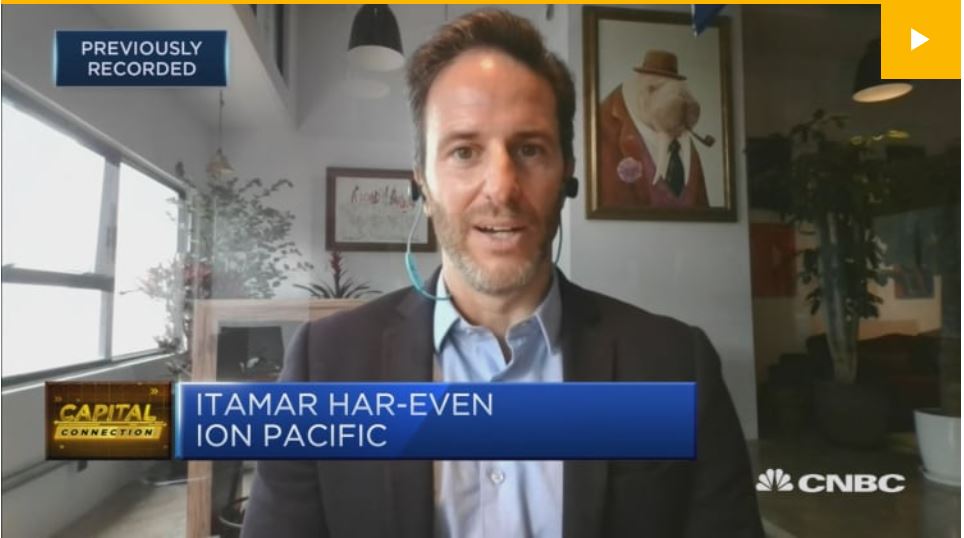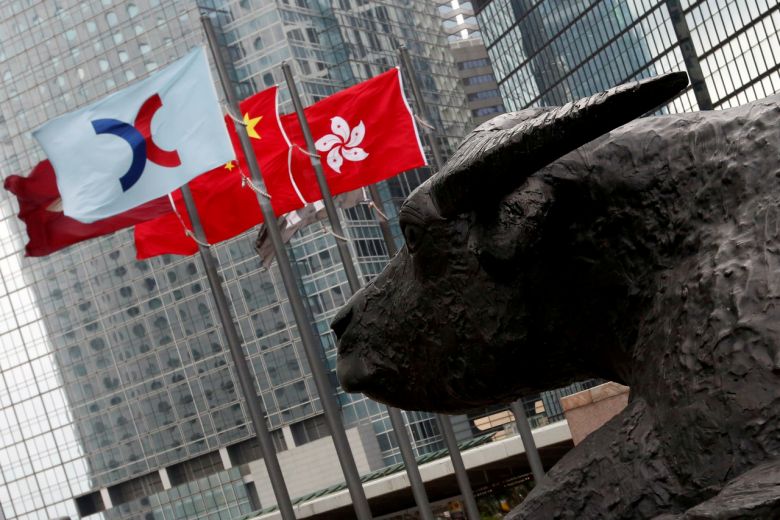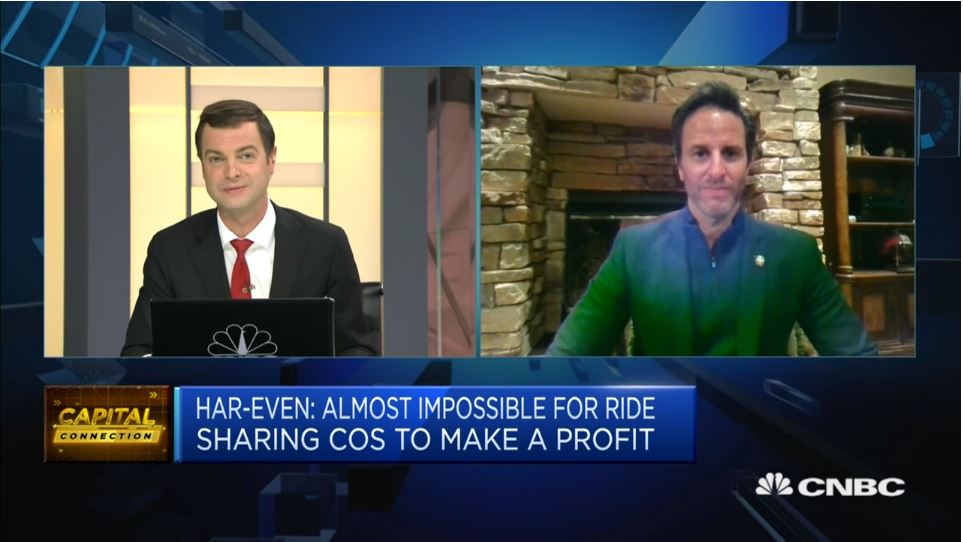When Silicon Valley started closing its doors to Chinese money, mainland investors began looking to take their cash elsewhere. Israel, whose innovative tech sector inspired the nickname “Startup Nation,” became an alluring destination.
The budding relationship had obvious benefits for both sides. With U.S. ties at a low point in the latter years of the Obama presidency, Israel was eager to court new sources of investment dollars. China, for its part, was hungry for know-how to support its Made in 2025 quest for technological supremacy.
Now the honeymoon appears to be ending. Pressured by the Trump administration, Israel is moving to create an interagency government body to oversee deals in sensitive sectors, similar to the U.S.’s Committee on Foreign Investment, or CFIUS. 1 If it’s set up, the regulator would focus on dual use products that have military and commercial applications, such as drones and artificial intelligence.
If investment does dry up, both sides will suffer: Beijing loses a valuable pipeline of technology, just as global markets grow wary of Chinese dealmaking; and Israel loses a deep-pocketed backer. The Chinese may now directly control or have influence over as much as 25 percent of Israel’s tech industry, according to a Wall Street Journal opinion piece by Ilan Berman, vice president of the Washington-based American Foreign Policy Council.
U.S. wariness over China’s ambitions in Israel started building in 2015 when state-owned Shanghai International Port Group won a 25-year project to build and operate the Haifa seaport, where American Navy vessels regularly dock. Now that U.S. officials are sounding alarm bells over Chinese industrial espionage, Israel has become a pressure point.
During his visit to the country last month, National Security Adviser John Bolton found an opening to lobby for tighter scrutiny over Chinese tech deals. Diplomatic ties have been warming since the U.S. moved its embassy to Jerusalem; and Prime Minister Benjamin Netanyahu’s re-election billboards show him clasping hands and grinning beside a beaming President Donald Trump.
For Israel, sticking by the U.S. has its drawbacks. Many of its tech firms are helmed by (understandably prudent) former military personnel. After years of caution, they started welcoming mainland investors to diversify from American funds over the past several months. Chinese technology investment into Israel grew threefold from 2013 to 2018, 2 with increasing involvement in larger fundraisings: Mainland backers were involved in all 17 financing rounds for Israeli startups of at least $20 million in the first three quarters of 2018, according to data from Israeli tech data provider IVC Research Center. Last year, venture capital investment involving Chinese money hit a record $281 million, according to data provider Prequin. 3
Tech Fever
Venture capital investment involving Chinese money in Israel hit a record $281 million last year
Unlike their European and American rivals, Israeli startups don’t have a massive home market at their doorstep. Many see Chinese backers as a way into the world’s second-largest economy, according to Itamar Har-Even, co-founder of Hong Kong-based technology investor Ion Pacific Ltd., which has put money into Israeli cross-border payment firm Credorax.
Meanwhile, China’s profile is rising in Israel after Vice President Wang Qishan toured agritech exhibits during a visit in October. The biggest Chinese investment into an Israeli tech firm so far has been the $4.4 billion acquisition of online-games developer Playtika Ltd. in 2016 by a consortium that included Yunfeng Capital — a private equity firm co-founded by Alibaba Group Holding Ltd.’s Jack Ma and Minsheng Trust Co., among others. But there’s been a flurry of smaller deals more recently.
XJet Ltd., which develops technology for 3D printing of metal parts, received $8 million in funding from Luxin Venture Capital Group Co. in late January, after securing Chinese capital in previous rounds. U.S.-Israeli transportation-technology company Optibus Ltd. raised $40 million in a private funding round that included Alibaba in December; and Ping An Insurance Group Co. of China was among investors in MeMed in September.
Some of these bets have paid off handsomely: Sisram Medical Ltd., bought by China’s Fosun Group for $240 million in 2013, went public in a $125 million IPO in 2017 that valued the company at $451 million. Huawei Technologies Co., at the center of China-U.S. tensions, bought two Israeli startups in recent years, including IT research firm Toga Networks in 2017 for $150 million, according to Bloomberg data.
Yet any shift in tone from the Israeli government could have its tech sector thinking Chinese money isn’t worth it – even if buyers like Alibaba and Ping An aren’t backed by Beijing. Hotly pursued U.S. defense contracts, for instance, could quickly fall out of bounds for startups that choose the wrong dance partner. There’s also a danger that taking Chinese money could smack of desperation: Why risk a PR disaster if you have ample alternate sources of funding?
If that’s the case, China may need to spool back ambitions for its Digital Silk Road to countries closer to home. The likes of South Korea and Singapore are a lot friendlier, even if they don’t have the most cutting-edge technologies.
- Last year, the U.S. expanded the powers of CFIUS to block minority investments and joint ventures in cutting-edge technology, and added businesses handling personal data to its vetting process.
- The 2018 data only goes through the third quarter.
- That doesn’t include funding by companies outside venture capital rounds. Counting deals by corporate acquirers like Fosun, Chinese investment into Israeli companies – including those outside technology – fell to $370 million last year from $625 million in 2017, according to Bloomberg data.
This article was also published in Bloomberg.


